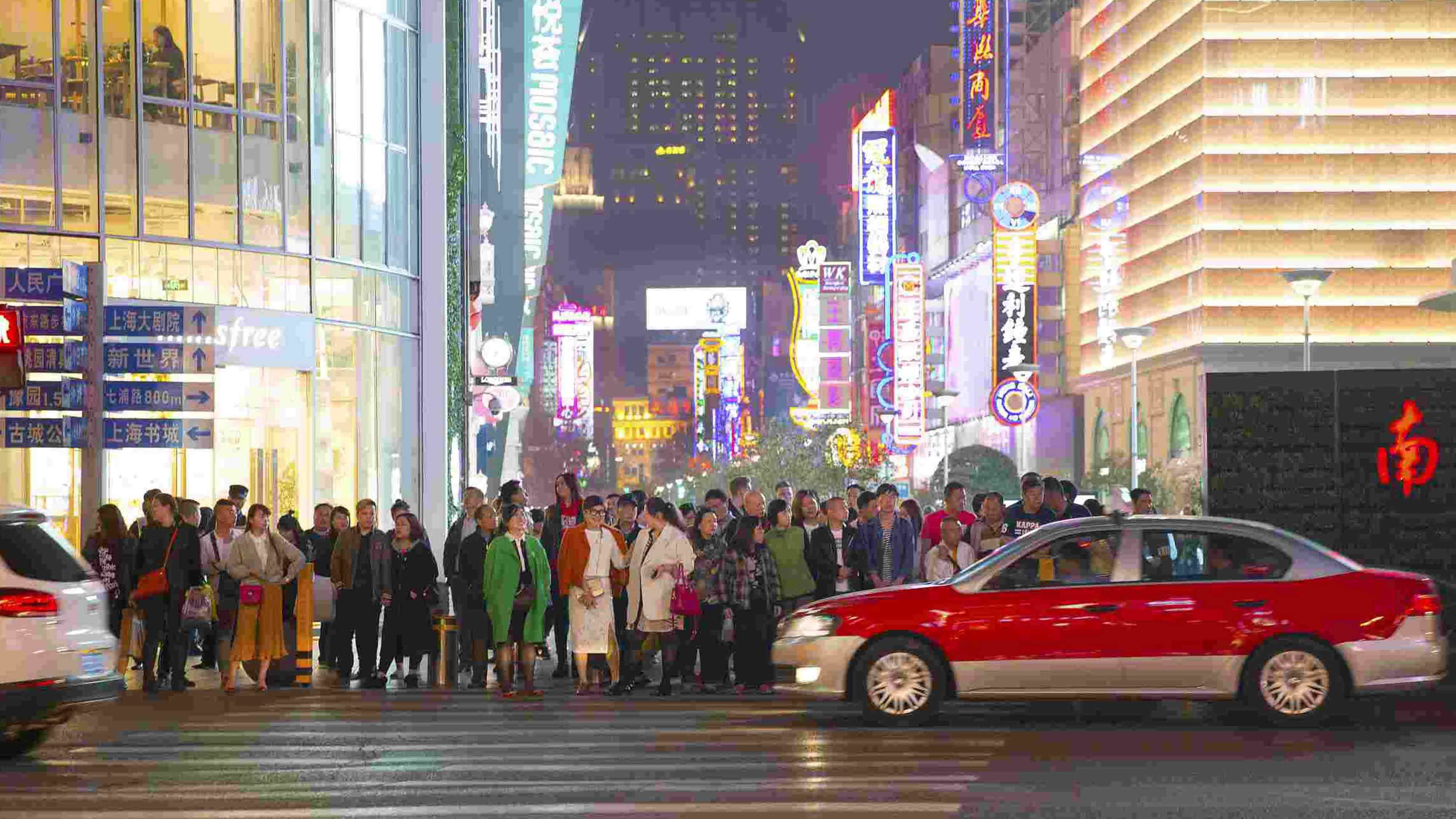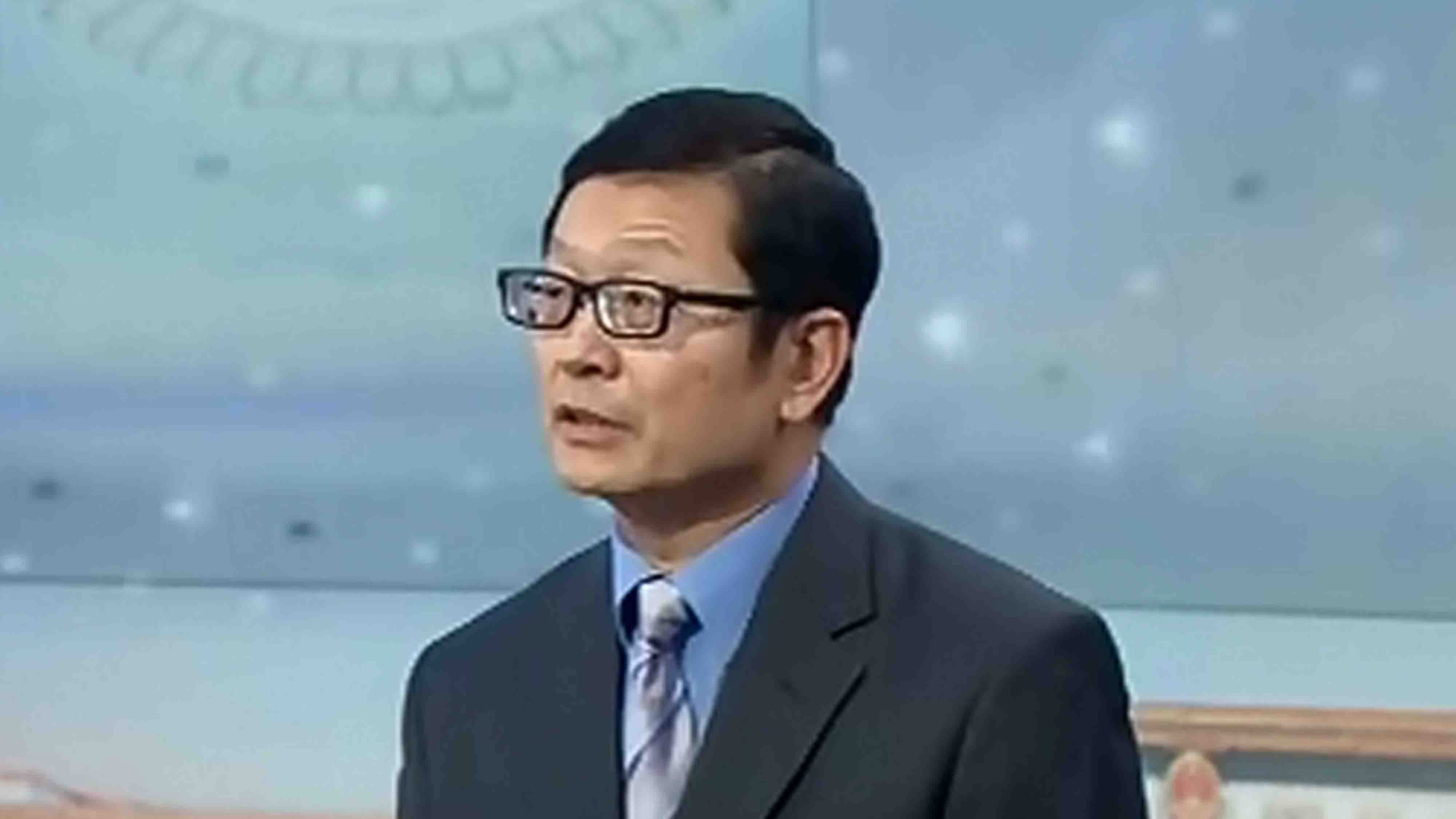
Business
22:20, 24-Oct-2017
Party Congress gives solutions for future of China's economy
By CGTN’s Tracey Chang

The road to prosperity is never easy. In economic terms, there are many “traps” that can happen to a developing country as it attempts to become a first world economy.
As China moves toward becoming a “great modern socialist country,” will it be able to sidestep these traps and prove the naysayers wrong?
At the recently concluded 19th CPC national congress, General Secretary of the CPC Central Committee Xi Jinping's “socialism with Chinese characteristics for a new era,” answered a few very important questions.
The Belt and Road Initiative has promised greater international cooperation. Pledges to deepen structural reforms and further opening up have provided the Chinese economy with vital strength to adjust to the “new normal.”

Standard Chartered Bank said that the Belt Road Initiative is now written into the 19th CPC Congress report as a key part of China’s opening up policy, and that “many countries are seeking to cooperate with China."
Policies makers have also reiterated the importance of implementing the correct policies to tackle climate change and promote environmental protection.
There are some doubts that if China will be able to pull off the world leadership role in environmental protection with a large portion of the population still in poverty.
US policy analyst and former presidential advisor Pippa Malmgren said that in China, better attribution of investment can lift more people out of poverty while protecting the natural environment.
“Environmental protection, poverty alleviation and social benefits are increasingly important on the government work agenda. China has more resources at its disposal to deal with structural problems,” said international financial institution Macquarie Group.

So what exactly should business owners and policymakers do to step away from the “traps”?
Wang Jianhui, General Manager of R&D Department of Capital Securities, said that the CPC Central Committee’s first priority should be to deal with the 190-trillion-yuan debts that face the Chinese economy.
“The debts are about 2.4 times of our GDP scale, a major problem that needs more congress sessions to figure out,” Wang said.
In the business arena, the ongoing upgrades in the manufacturing sector and in consumption are also posing challenges. Wang said that multi-national corporations should be prepared of trade frictions when moving to the higher end of the supply chain.

SITEMAP
Copyright © 2018 CGTN. Beijing ICP prepared NO.16065310-3
Copyright © 2018 CGTN. Beijing ICP prepared NO.16065310-3